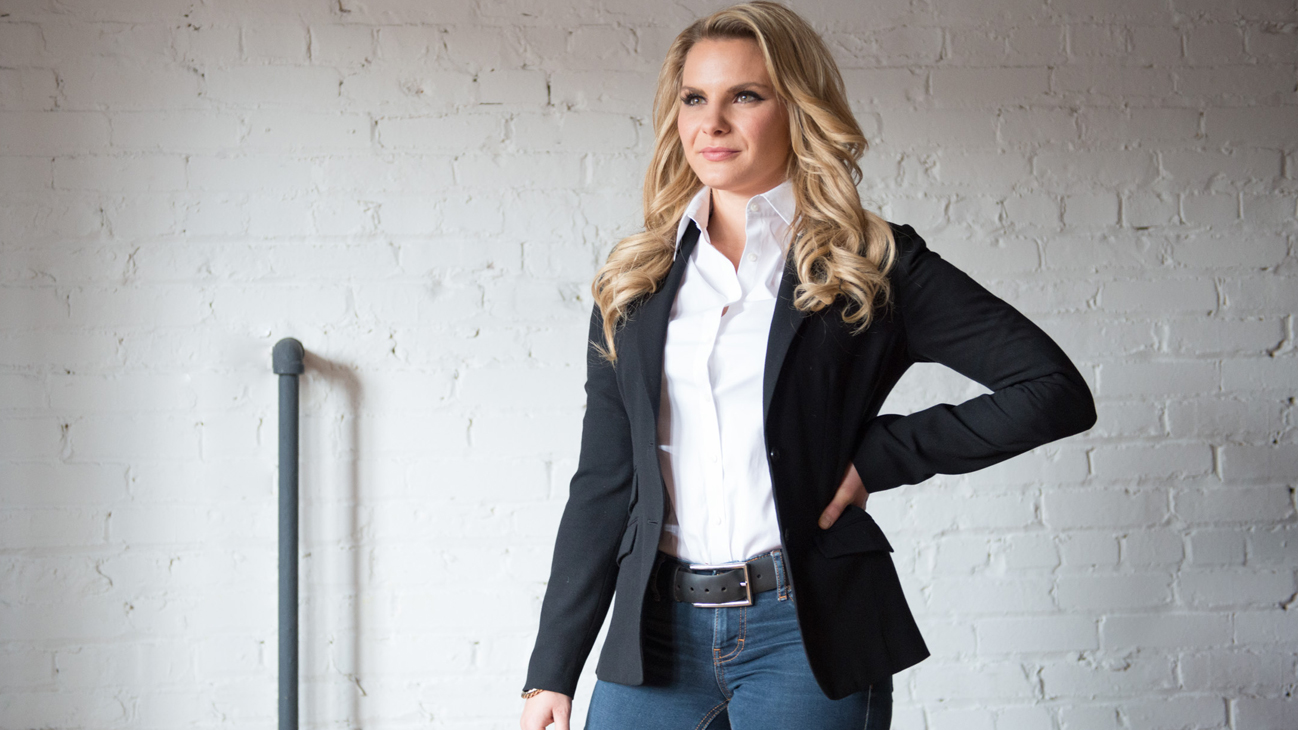Tech titan Michele Romanow is an engineer and a serial entrepreneur who started three companies before her 28th birthday. The newest (and youngest ever) entrepreneur to join CBC’s hit show Dragons’ Den, Michele is the co-founder of e-commerce platforms Buytopia.ca and Snap By Groupon, which have saved millions of users hundreds of millions of dollars. She is also the co-founder of clearbanc.com, an online financial service for freelancers, independent contractors, and entrepreneurs. Ranked in WXN’s “100 Most Powerful in Canada” and listed as the only Canadian on Forbes’ “Millennial on a Mission” list, Michele brings her youthful energy and incredible entrepreneurial savvy to every stage. Here, “Built to Sell” entrepreneur John Warrillow discusses Michele’s entrepreneurial highs and lows:
It is customary for friendly golfers to give each other a “Mulligan” when a bad t-shot goes awry. I’m beginning to think we should all get a business Mulligan too—an early business failure, preferably right out of school, where we learn the tricks of the entrepreneurial trade.
Some people say you should go to work for a company so you can learn about business on someone else’s dime before you strike out on your own. I think that is possibly the worst advice you can give a young entrepreneur.
The best way to start a business is early and often. Your first business (or two) will likely not amount to much, but you’re getting the big lessons out of the way before a spouse, house and child force you to stop taking risks.
At The Value Builder System, we get to see a lot of company founders who are contemplating an exit. Some of our customers get lucky early in life, but in the vast majority of examples where the founder(s) are getting eight-figure offers, it is not their first rodeo. In fact, most owners have had multiple failures and modest successes before their first big exit.
Evandale Caviar goes bust
Michele Romanow partnered with two friends from her engineering class, Anatoliy Melnichuk and Ryan Marien, and together they founded Evandale Caviar in their early 20s. The trio’s idea was to sell caviar to high-end restaurants around the world.
The business started in a scrappy fashion. Upon graduating from Queen’s University, the three friends packed into Marien’s Toyota Camry and drove to tiny Evandale, New Brunswick, which had one of the few remaining natural supplies of Atlantic sturgeon.
The partners built a fishery and had just started to get the business off the ground by the summer of 2008 when the luxury restaurant industry started to wobble. By fall of that year, high-end restaurants around the world were suffering, and by the end of 2008, the industry was on its knees.
Evandale Caviar failed.
The partners licked their wounds and came together to start a new business, a deal-of-the-day website called Buytopia. They had learned from their Evandale experience and were building a good little business—call it a single, to use a baseball analogy—when the partners started to tinker with a third idea.
From nothing to $25 million in 12 months
Romanow saw big companies wasting millions of dollars printing paper coupons and reasoned that there must be a more efficient way to distribute them. They dreamt up a mobile phone app which would notify shoppers in a grocery store of special offers and then let them snap a picture of their grocery receipt and receive money back on products being promoted. The SnapSaves business model was to charge the company advertising its offers through the app.
Romanow and her partners poured more than $100,000 per month of Buytopia cash into SnapSaves, and within six months they had a product they could take to market. They launched SnapSaves in August 2013 and the company was a quick hit with consumers and advertisers. Within a year of launch, the founders were entertaining venture capital investment offers with an implied valuation of around $25 million for their young company.
That’s when Groupon called and said they wanted to buy SnapSaves outright. The partners haggled with Groupon and got them to double their offer in the process. Less than a year after launching SnapSaves, they agreed to be acquired by Groupon.
A casual observer of the SnapSaves story would likely chalk it up to luck: a couple of friends leave school, start a business and become an overnight success. That’s a convenient story, but it’s not true.
When I interviewed Romanow on Built to Sell Radio recently, she said SnapSaves would never have happened without the lessons they learned from Evandale. And therein lies the secret to many successful entrepreneurs: they got their first few businesses out of the way early in their working lives to make the time, room and capital for a true success.

